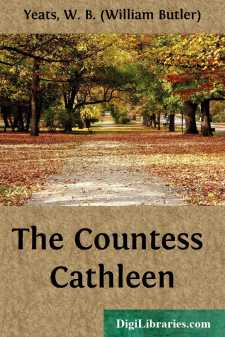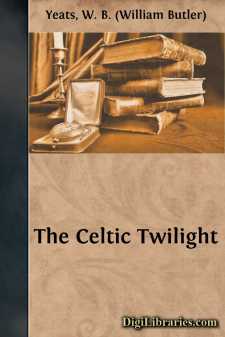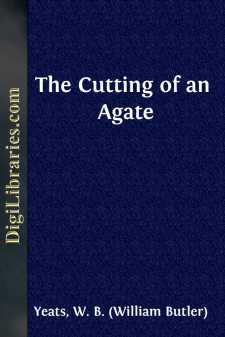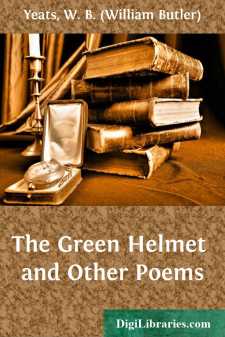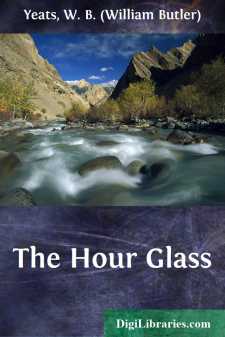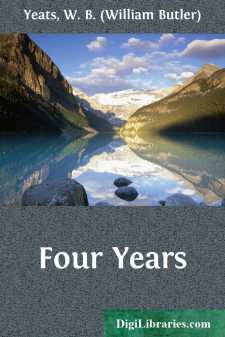Categories
- Antiques & Collectibles 13
- Architecture 36
- Art 48
- Bibles 22
- Biography & Autobiography 813
- Body, Mind & Spirit 142
- Business & Economics 28
- Children's Books 17
- Children's Fiction 14
- Computers 4
- Cooking 94
- Crafts & Hobbies 4
- Drama 346
- Education 46
- Family & Relationships 57
- Fiction 11829
- Games 19
- Gardening 17
- Health & Fitness 34
- History 1377
- House & Home 1
- Humor 147
- Juvenile Fiction 1873
- Juvenile Nonfiction 202
- Language Arts & Disciplines 88
- Law 16
- Literary Collections 686
- Literary Criticism 179
- Mathematics 13
- Medical 41
- Music 40
- Nature 179
- Non-Classifiable 1768
- Performing Arts 7
- Periodicals 1453
- Philosophy 64
- Photography 2
- Poetry 896
- Political Science 203
- Psychology 42
- Reference 154
- Religion 513
- Science 126
- Self-Help 84
- Social Science 81
- Sports & Recreation 34
- Study Aids 3
- Technology & Engineering 59
- Transportation 23
- Travel 463
- True Crime 29
In The Seven Woods Being Poems Chiefly of the Irish Heroic Age
Categories:
Description:
Excerpt
IN THE SEVEN WOODS.
I have heard the pigeons of the Seven Woods
Make their faint thunder, and the garden bees
Hum in the lime tree flowers; and put away
The unavailing outcries and the old bitterness
That empty the heart. I have forgot awhile
Tara uprooted, and new commonness
Upon the throne and crying about the streets
And hanging its paper flowers from post to post,
Because it is alone of all things happy.
I am contented for I know that Quiet
Wanders laughing and eating her wild heart
Among pigeons and bees, while that Great Archer,
Who but awaits His hour to shoot, still hangs
A cloudy quiver over Parc-na-Lee.
August, 1902.
Maeve the great queen was pacing to and fro,
Between the walls covered with beaten bronze,
In her high house at Cruachan; the long hearth,
Flickering with ash and hazel, but half showed
Where the tired horse-boys lay upon the rushes,
Or on the benches underneath the walls,
In comfortable sleep; all living slept
But that great queen, who more than half the night
Had paced from door to fire and fire to door.
Though now in her old age, in her young age
She had been beautiful in that old way
That’s all but gone; for the proud heart is gone
And the fool heart of the counting-house fears all
But soft beauty and indolent desire.
She could have called over the rim of the world
Whatever woman’s lover had hit her fancy,
And yet had been great bodied and great limbed,
Fashioned to be the mother of strong children;
And she’d had lucky eyes and a high heart,
And wisdom that caught fire like the dried flax,
At need, and made her beautiful and fierce,
Sudden and laughing.
O unquiet heart,
Why do you praise another, praising her,
As if there were no tale but your own tale
Worth knitting to a measure of sweet sound?
Have I not bid you tell of that great queen
Who has been buried some two thousand years?
When night was at its deepest, a wild goose
Cried from the porter’s lodge, and with long clamour
Shook the ale horns and shields upon their hooks;
But the horse-boys slept on, as though some power
Had filled the house with Druid heaviness;
And wondering who of the many changing Sidhe
Had come as in the old times to counsel her,
Maeve walked, yet with slow footfall being old,
To that small chamber by the outer gate.
The porter slept although he sat upright
With still and stony limbs and open eyes.
Maeve waited, and when that ear-piercing noise
Broke from his parted lips and broke again,
She laid a hand on either of his shoulders,
And shook him wide awake, and bid him say
Who of the wandering many-changing ones
Had troubled his sleep. But all he had to say
Was that, the air being heavy and the dogs
More still than they had been for a good month,
He had fallen asleep, and, though he had dreamed nothing,
He could remember when he had had fine dreams.
It was before the time of the great war
Over the White-Horned Bull, and the Brown Bull.
She turned away; he turned again to sleep
That no god troubled now, and, wondering
What matters were afoot among the Sidhe,
Maeve walked through that great hall, and with a sigh
Lifted the curtain of her sleeping room,
Remembering that she too had seemed divine
To many thousand eyes, and to her own
One that the generations had long waited
That work too difficult for mortal hands
Might be accomplished....





